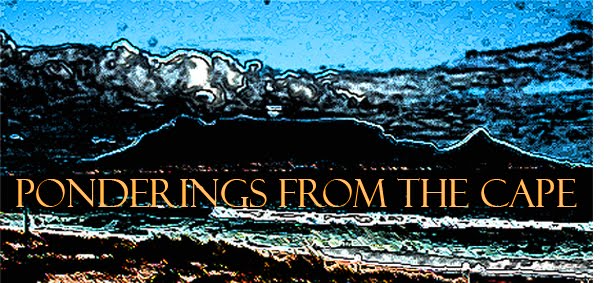“Words are only postage stamps delivering the object for you to unwrap” - George Bernard Shaw
TODAY'S BOOK:
Dictionaries
I’m breaking the pattern today by not talking about a specific book, but about some of the most useful reference books in my library.

 I have many dictionaries: standard English dictionaries, a number of bilingual dictionaries for Afrikaans, German, Spanish and French, a thesaurus or two, dictionaries of modern phrases and usage, and subject-specific ones for maths, science, music, astronomy and more. There are also books like Fowler’s English Usage, the Afrikaans Woordelys and Spelreëls that deal with grammar and common usage. Some of them are richly illustrated and are in face mini encyclopaedias rather than straightforward dictionaries.
I have many dictionaries: standard English dictionaries, a number of bilingual dictionaries for Afrikaans, German, Spanish and French, a thesaurus or two, dictionaries of modern phrases and usage, and subject-specific ones for maths, science, music, astronomy and more. There are also books like Fowler’s English Usage, the Afrikaans Woordelys and Spelreëls that deal with grammar and common usage. Some of them are richly illustrated and are in face mini encyclopaedias rather than straightforward dictionaries.
Dictionaries – and reference books in general – are the quiet backroom boys and girls among books. I cannot think of anyone – with the possible exception of some and obsessive compilers of lexicons – who would read a dictionary for fun. Sure, they can lead to some fun: people use them to compile word games, crossword puzzles and settle arguments about what is allowed in a game of Scrabble. But curl up with a dictionary? Probably only if you are a desperate insomniac.

 I have many dictionaries: standard English dictionaries, a number of bilingual dictionaries for Afrikaans, German, Spanish and French, a thesaurus or two, dictionaries of modern phrases and usage, and subject-specific ones for maths, science, music, astronomy and more. There are also books like Fowler’s English Usage, the Afrikaans Woordelys and Spelreëls that deal with grammar and common usage. Some of them are richly illustrated and are in face mini encyclopaedias rather than straightforward dictionaries.
I have many dictionaries: standard English dictionaries, a number of bilingual dictionaries for Afrikaans, German, Spanish and French, a thesaurus or two, dictionaries of modern phrases and usage, and subject-specific ones for maths, science, music, astronomy and more. There are also books like Fowler’s English Usage, the Afrikaans Woordelys and Spelreëls that deal with grammar and common usage. Some of them are richly illustrated and are in face mini encyclopaedias rather than straightforward dictionaries.I use them often – to look up the exact meanings of words while translating material, to find a quick description and illustration that will help me find just the right word at the right time, or to check grammar rules. They help me hunt down the phrases that I need to express my thoughts or to convey a specific message. They are invaluable to anyone who writes anything regularly and although using dictionaries and similar reference books does not mean you will not make mistakes (I'm the first to admit I often make them), they help to minimise those occurrences.
My dictionaries are very useful when I have to edit, translate or rewrite text. More than simply a matter of vocabulary, it is often also a matter of clarity and finding exactly the right word that expresses the right sentiment in a particular context.
I'm still amazed when I discover that some people who make a living via the written word do not use them and sometimes waste other people's time to find answers rather than to consult a dictionary. I’m not talking about those complicated instances where there are no clear rules or when you need an extra eye to look at a phrase or sentence, or when you need technical explanations that a dictionary does not offer immediately. We all need sounding boards and second opinions from time to time. I'm talking about those quick-reference moments when reaching for the dictionary provides the answer quickly.
Electronic spellcheckers and online dictionaries are useful. I use those all the time. But the comforting presence of my dictionaries and reference books mean that more often than not I’ve learnt a lot in little time just by referring to such a volume.
So thank you to all of those who spend their working lives to compile these books. They contain more than merely words. I salute you for those lonely hours of researching, sorting, cross referencing and agonising about those words that become our right words at the right time.
TODAY'S PICTURE
Talking about reference books made me think of one of my favourite "family" online reference sites. They make the topics fun and interesting, even though the site is not the most beautiful on the Internet:








No comments:
Post a Comment
Add your comment(s) here: